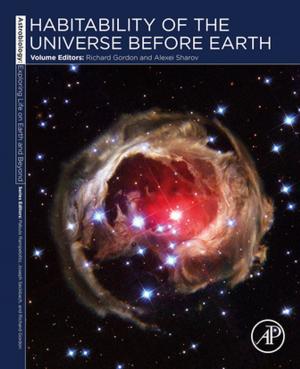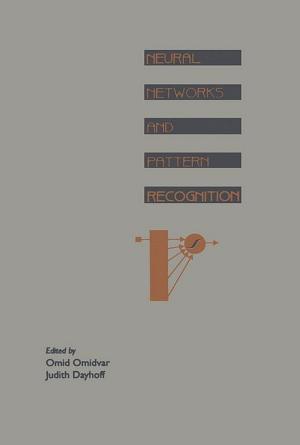Air Pollution, Global Change and Forests in the New Millennium
Nonfiction, Science & Nature, Technology, Engineering, Environmental, Agriculture & Animal Husbandry| Author: | ISBN: | 9780080526911 | |
| Publisher: | Elsevier Science | Publication: | December 18, 2003 |
| Imprint: | Elsevier Science | Language: | English |
| Author: | |
| ISBN: | 9780080526911 |
| Publisher: | Elsevier Science |
| Publication: | December 18, 2003 |
| Imprint: | Elsevier Science |
| Language: | English |
The chapters in this book present a snapshot of the state of knowledge of air pollution effects at the beginning of the 21st century. From their different disciplines, a distinguished collection of authors document their understanding of how leaves, trees, and forests respond to air pollutants and climate change. Scenarios of global change and air pollution are described. The authors describe responses of forests to climate variability, tropospheric ozone, rising atmospheric CO2, the combination of CO2 and ozone, and deposition of acidic compounds and heavy metals. The responses to ozone receive particular attention because of increasing concern about its damaging effects and increasing concentrations in rural areas. Scaling issues are addressed - from leaves to trees, from juvenile trees to mature trees, from short-term responses to long-term responses, and from small-scale experiments and observations to large-scale forest ecosystems.
This book is one major product of a conference sponsored by the International Union of Forestry Research Organizations, the USDA Forest Service Global Change Northern Stations Program, the Arthur Ross Foundation, NCASI, the Canadian Forest Service, and Michigan Technological University. The conference, held in May 2000 in Houghton, Michigan, USA, was appropriately titled "Air Pollution, Global Change, and Forests in the New Millennium". The Editors, David Karnosky, Kevin Percy, Art Chappelka, Caroline Simpson, and Janet Pikkarainen organized the conference and edited this book.
The chapters in this book present a snapshot of the state of knowledge of air pollution effects at the beginning of the 21st century. From their different disciplines, a distinguished collection of authors document their understanding of how leaves, trees, and forests respond to air pollutants and climate change. Scenarios of global change and air pollution are described. The authors describe responses of forests to climate variability, tropospheric ozone, rising atmospheric CO2, the combination of CO2 and ozone, and deposition of acidic compounds and heavy metals. The responses to ozone receive particular attention because of increasing concern about its damaging effects and increasing concentrations in rural areas. Scaling issues are addressed - from leaves to trees, from juvenile trees to mature trees, from short-term responses to long-term responses, and from small-scale experiments and observations to large-scale forest ecosystems.
This book is one major product of a conference sponsored by the International Union of Forestry Research Organizations, the USDA Forest Service Global Change Northern Stations Program, the Arthur Ross Foundation, NCASI, the Canadian Forest Service, and Michigan Technological University. The conference, held in May 2000 in Houghton, Michigan, USA, was appropriately titled "Air Pollution, Global Change, and Forests in the New Millennium". The Editors, David Karnosky, Kevin Percy, Art Chappelka, Caroline Simpson, and Janet Pikkarainen organized the conference and edited this book.















